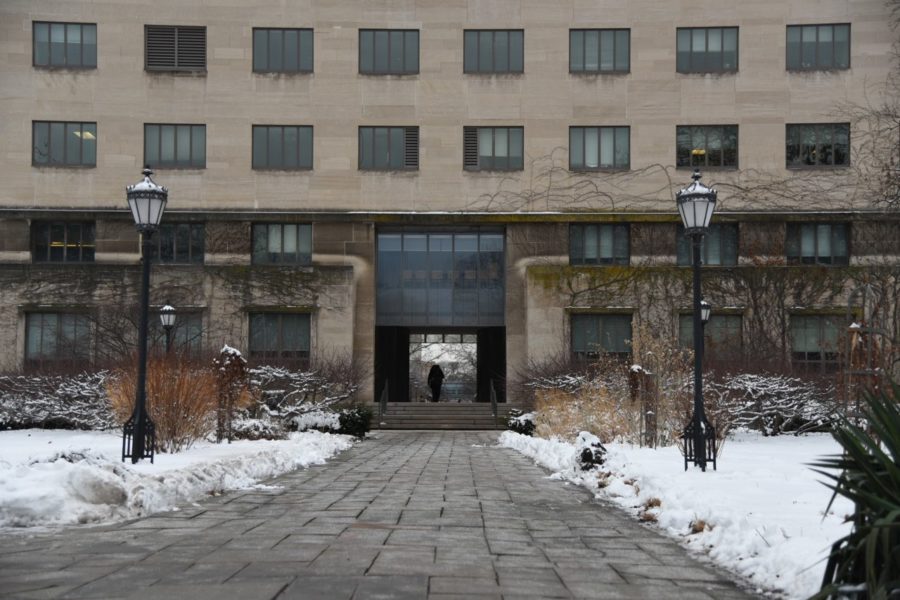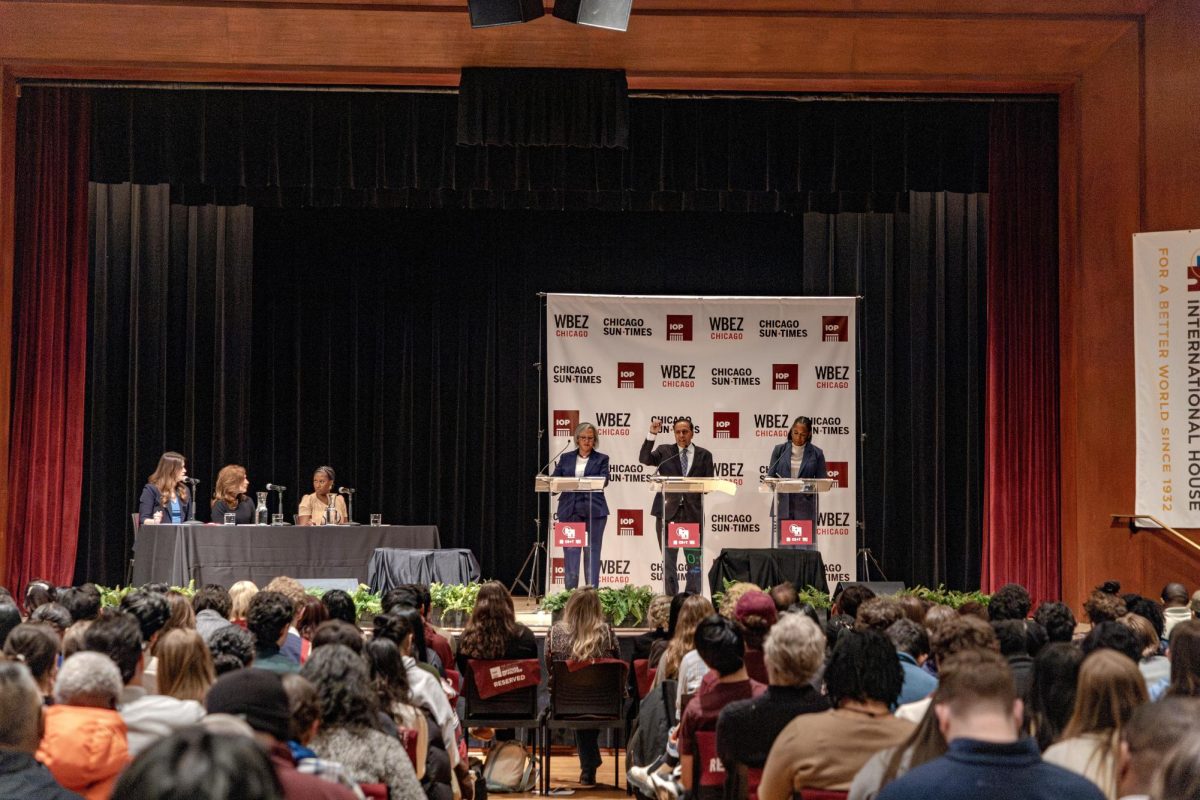On Friday, February 23, the University released the results of the Spring 2023 Campus Climate Survey. The survey asked faculty, staff, and students about their evaluation of their local and the broader campus climate, their sense of belonging, and about any experiences of harassment.
According to the report, the percent of respondents who experienced some form of harassment or discrimination in the 2023 survey grew compared to the 2016 survey. This increase was seen most acutely in general bias discrimination: 27 percent from 16 percent. Respondents from minority and underrepresented groups reported experiencing bias and discrimination at greater rates than their majority peers.
The report detailed respondents’ views of the campus climate across 11 dimensions: racism, sexism, tolerance of people with disabilities, homophobia, religious intolerance, ageism, tolerance of diverse political views, tolerance of national origin, tolerance of socioeconomic status, and tolerance of gender expression.
Groups that were the subject of the intolerance measured by the climate evaluation reported a less tolerant environment than their peers. For example, disabled respondents reported less tolerance for disabilities, older respondents felt there is more ageist than the collective University community, and non-white respondents perceived the campus environment as more racist than their white peers.
In addition, academics reported greater levels of intolerance of their own identities across all dimensions than students and staff who shared those identities.
The campus community as a whole reported lower levels of intolerance than in the last campus climate survey in 2016, and marginalized groups often reported greater improvements than peers. Since the 2016 report only surveyed five dimensions—racism, sexism, homophobia, intolerance for disability, and religious intolerance—only these dimensions were compared between 2016 and 2023. Non-heterosexual or LGBTQ+ academics were one exception highlighted by the report, as they “perceived the climate as somewhat less tolerant in 2023 than in 2016.”
Broadly, respondents viewed their “local climate”—areas of the University they most often interact with—more favorably than the University climate as a whole.
Additionally, most marginalized groups reported lower senses of belonging on campus than the whole sample of participants. But those rates were improved from the 2016 survey.
The email also included an invitation to a February 26 town hall meeting over Zoom to discuss the survey with Provost Katherine Baicker and members of the University’s Diversity & Inclusion leadership.
















Jacob Myrene / Feb 26, 2024 at 4:14 pm
Woke garbage.